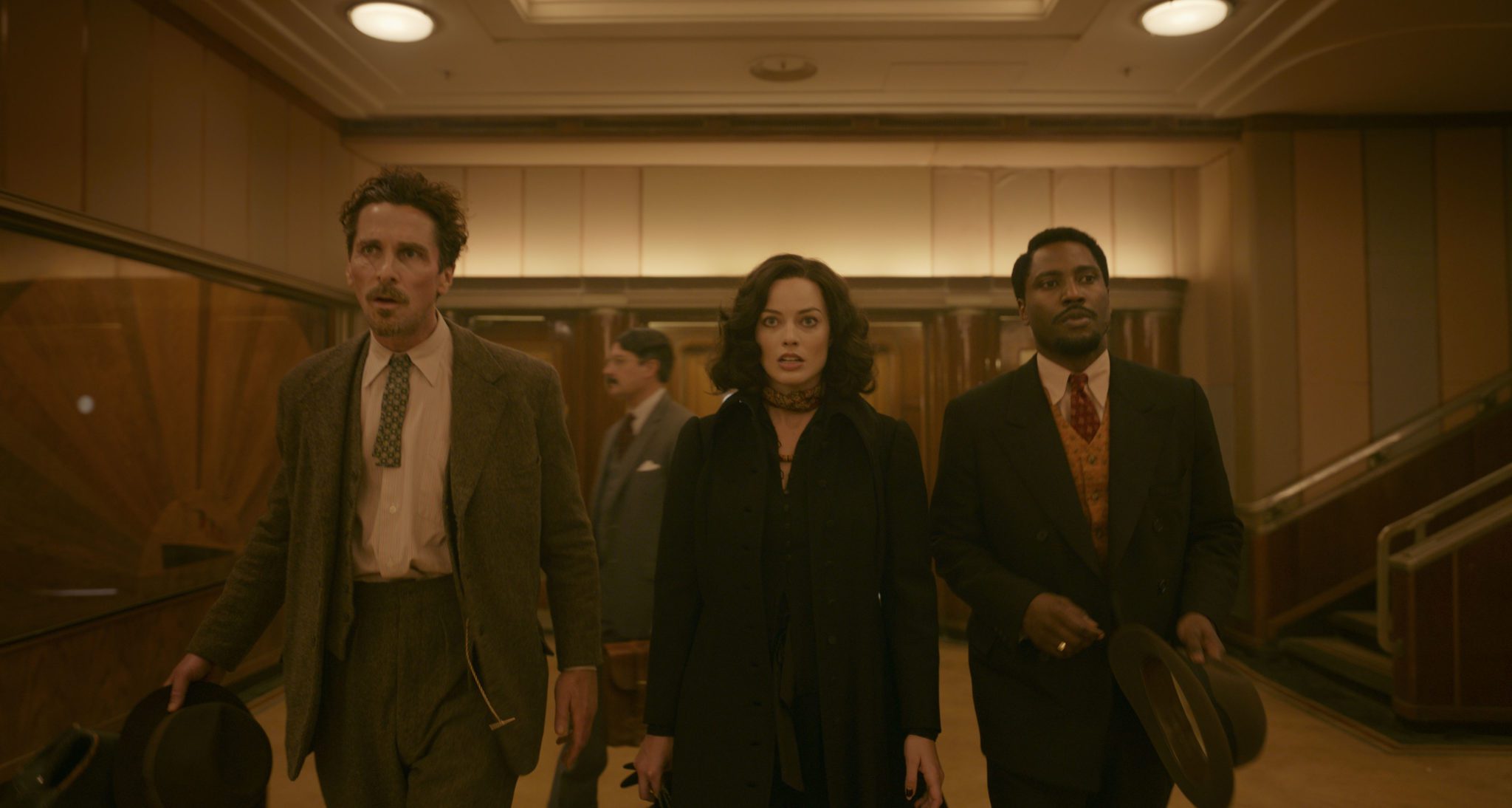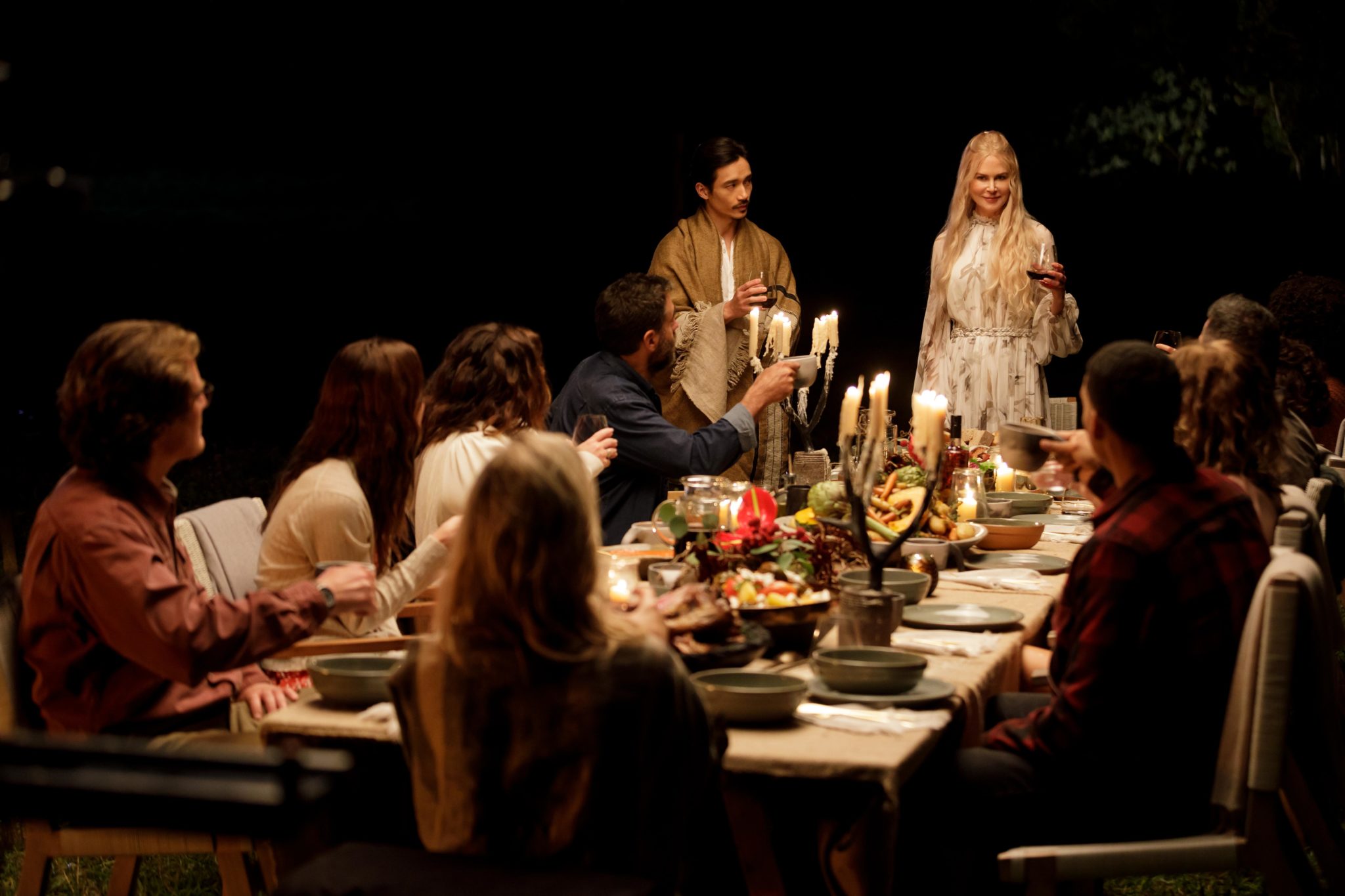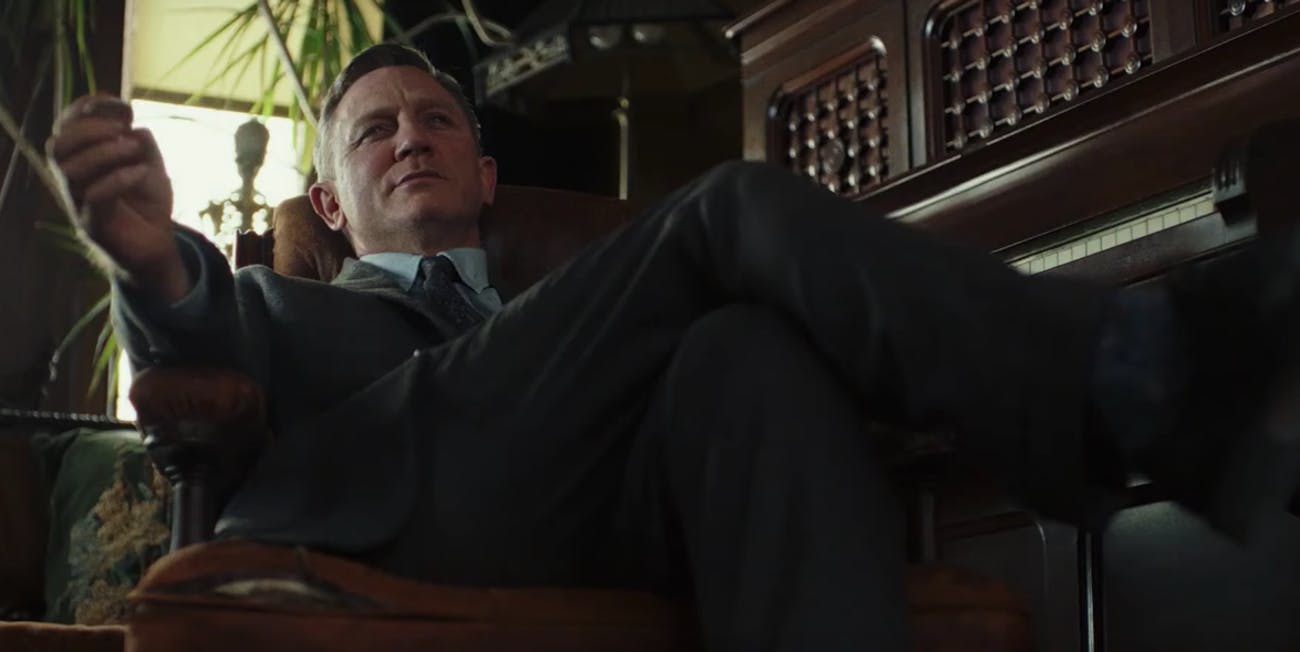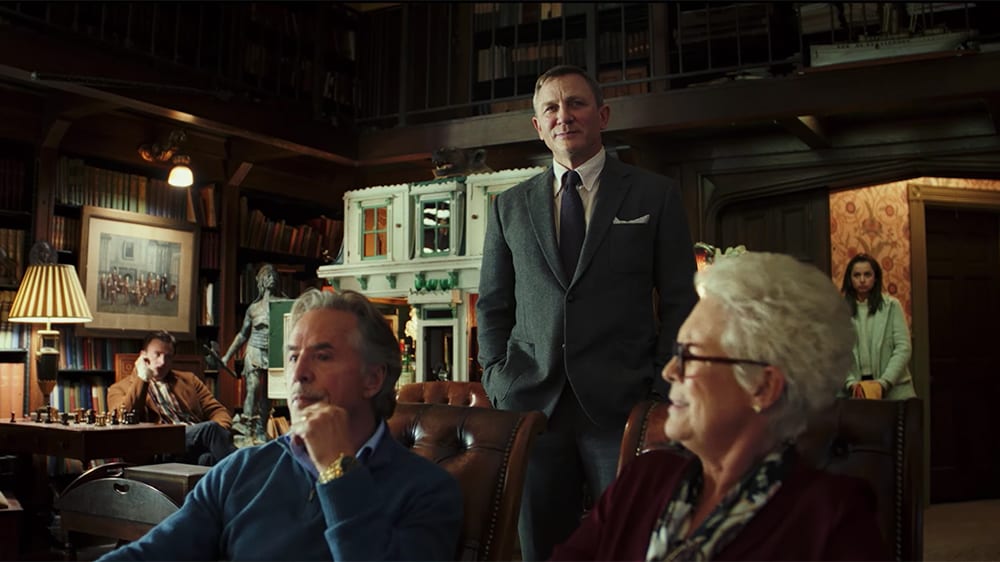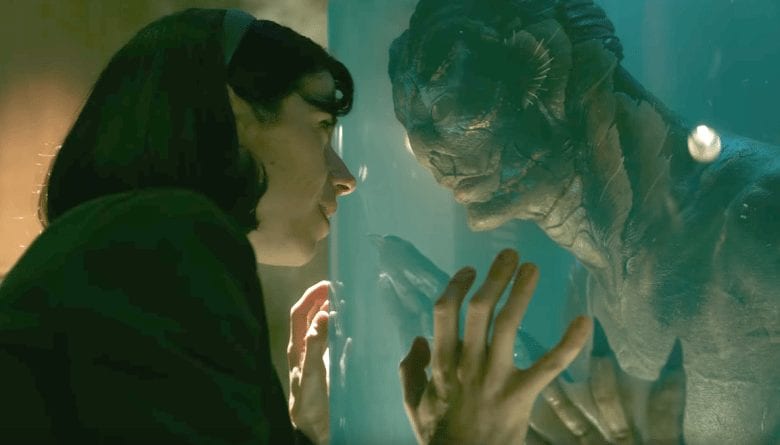
The Bikeriders: Tracking Change
As an American filmmaker, Jeff Nichols has always been interested in America and its more unexplored parts. In another collaboration with Michael Shannon (but not starring him), Nichols loosely adapts the plotless collection of photos and interviews of Danny Lyon, who is featured in the film and played by Mike Faist. The film is some…

